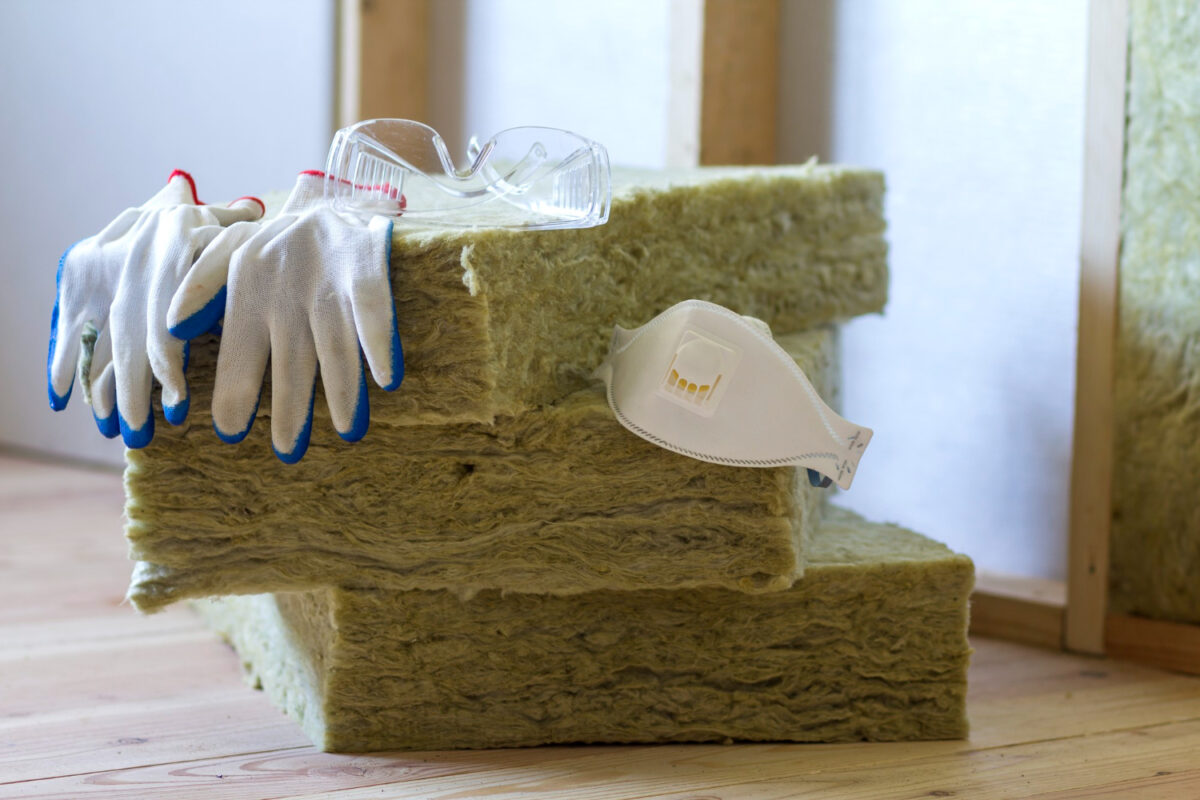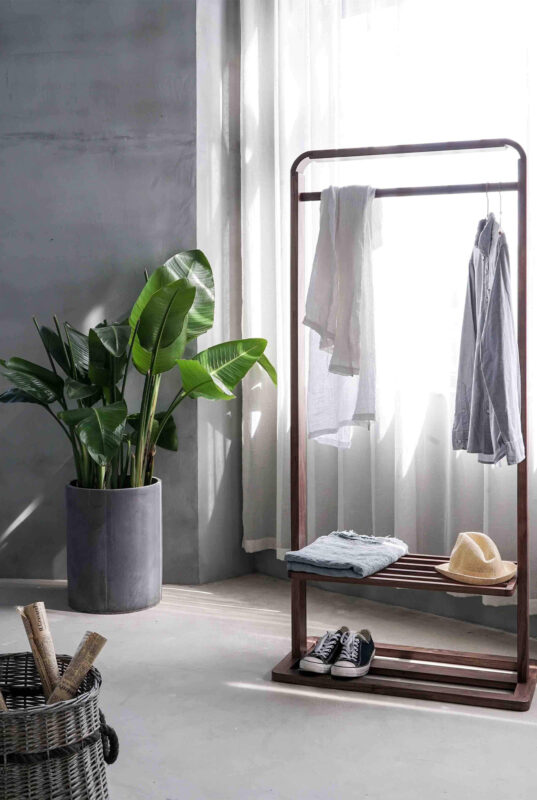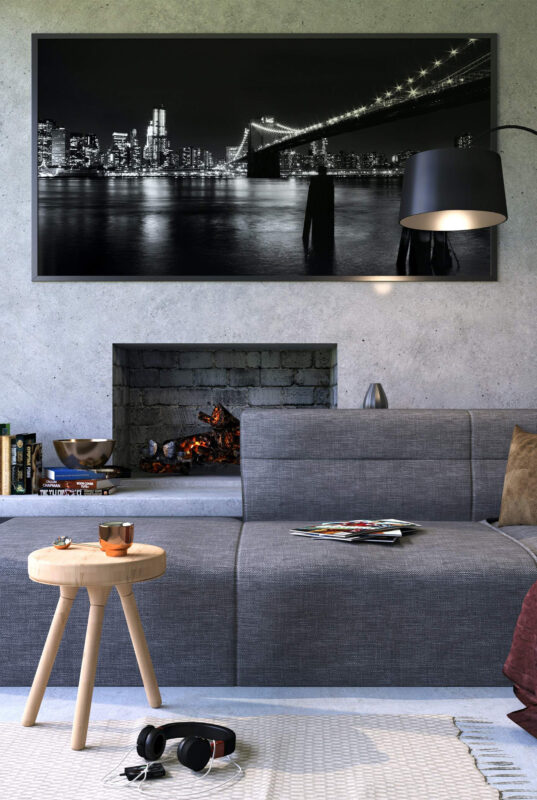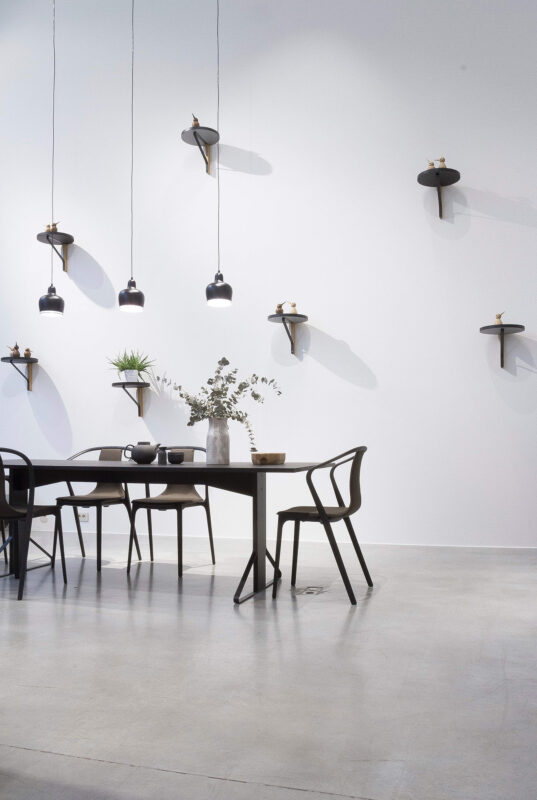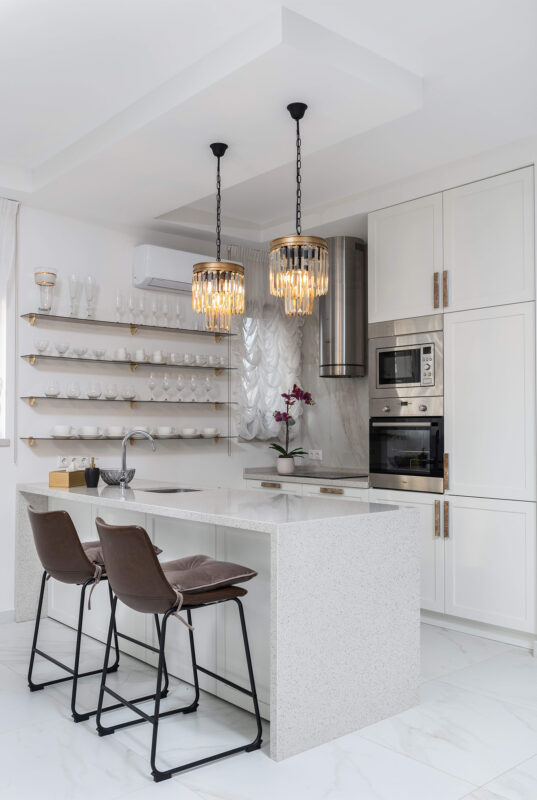How to Choose the Right HVAC System for Your TN Home

Choosing the right HVAC system for your Tennessee home can make a big difference. The weather swings from hot and sticky to chilly and damp, so your system has to handle it all without working too hard or driving up your bills. You have to consider several factors to pick the right HVAC system. Making the right choice starts with understanding your home, your needs, and how different systems work.
Assess Your Home’s Size and Layout
Before choosing any heating or cooling system, you should determine what your home actually needs. Every house is different. Some are wide and open, others have tight corners and rooms that never seem to stay the right temperature.
Consider how many rooms you have and how air flows through them. High ceilings, old windows, and even the amount of shade in your yard can all affect what kind of system will work best. Ideally, you want an HVAC technician to do a detailed check, ensuring you pick a system that is the right fit for your property.
Understand Your Climate Zone
Tennessee weather can be tough on your home. Summers are hot and humid, while winters bring rain and cold air. Winter is especially challenging for East Tennessee residents. Your heating and cooling system needs to handle your climate zone.
It isn’t just about keeping the temperature right; it’s also about controlling the moisture in the air. A good system makes your home feel comfortable, no matter what the weather is doing outside. You also need good efficiency so that your energy bills don’t go out of control.
Choose the Right Type of System
There are several primary types of HVAC systems commonly found in Tennessee. While some choose to stick with a traditional heating and air conditioning setup, others may go with something different, such as using a heat pump.
For homes that don’t have ductwork, there are small split systems that work well without needing major changes to walls and floors. And then there are more specialized choices like geothermal systems, which use the earth’s temperature to keep things steady indoors. That one costs more up front, but usually pays off over time. The goal is not to choose what’s most common but what makes the most sense for your house and your plans.
Prioritize Energy Efficiency
Nobody likes the shock of an energy bill that’s higher than expected. That’s why it pays to look at how well a system uses power. Higher efficiency usually means lower energy bills. As an added advantage, better energy efficiency is also better for the environment, so you get to reduce your carbon footprint.
There are energy ratings that can help you compare systems. You want something that cools or heats without wasting energy. It is also smart to check for systems that have been recognized for energy savings. Some of those systems might cost a bit more to buy, but they often make up the difference quickly once your electric or gas bill starts to drop.
Consider Smart Features and Zoning Options
Some newer HVAC systems include smart features and zoning options. Zoning lets you control the temperature in different parts of your home separately, so you’re not heating or cooling rooms you’re not using. These features aren’t just fancy extras; they can help you stay comfortable and save money, especially if you’re away during the day or have a changing routine.
Evaluate Installation and Long-Term Costs
The price tag on the system itself is only part of the story. What you pay for installation and upkeep over the years can end up being more important than the initial price. Choosing the cheapest installer might seem like a deal, but if something is done wrong or the system is not set up correctly, it can lead to bigger problems down the road.
Ask questions, get quotes, and make sure the team putting the system in knows what they’re doing. Maintenance also matters. Regular tune-ups keep things running smoothly and help avoid expensive fixes later.
Choose a Trusted HVAC Professional
Working with someone reliable makes all the difference. This is not the kind of job you want handled by someone cutting corners. Look for companies that are experienced and clear about their prices and services. Ask people you trust if they’ve worked with anyone they’d recommend. A good installer will also take time to understand your needs, not just recommend the biggest or flashiest system they can.
Choosing a company with local experience also matters. Our Lenoir City, TN, HVAC company is already familiar with what most systems in the region need, and we can guide you on choosing the right system for your home.
Take Advantage of Local Rebates and Incentives
Upgrading your HVAC system can get expensive, but you might not have to shoulder the full cost alone. In Tennessee, some energy companies and government programs offer money back or tax breaks for homeowners who install energy-efficient systems.
These programs change now and then, so it’s worth checking before you buy. Sometimes your installer can even help fill out the paperwork or make sure the system you choose qualifies. Saving money upfront and over time is always a win.
Think Long-Term
When you pick a new HVAC system, you are making a decision that should last for years. Try to think past next month’s bill and look ahead a bit. Will this system still be right if you add a bedroom or start spending more time at home? Is it something that works with newer tech like smart home devices? You want something flexible and dependable, not just cheap. A little extra planning now can mean a lot more comfort and fewer headaches down the road.
At the end of the day, all the specs and ratings matter, but so does how you feel about the choice. If someone pushes you to rush or refuses to explain things clearly, that’s a red flag. You are the one who’s going to live with the system, so take your time and trust both the facts and your gut. Ask questions until you’re comfortable. This is your home we’re talking about, and it should feel just right.







